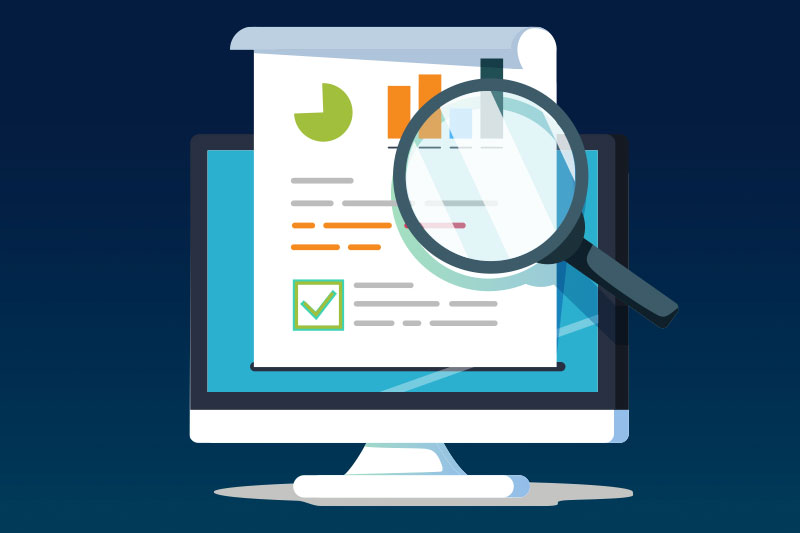Internal audits are a complex process with a plethora of moving parts in financial institutions. And if your organization wants to balance requirements, expectations, and deadlines successfully, managing resources effectively is a critical component of the process.
Let’s look at what exactly resource management for audit teams entails and how you can use it to set your organization up for success.
What Does Audit Resource Management Include?
Auditing teams manage close to 1,000 audits each year, and each audit demands qualified people at specific durations in the timeline. So on top of managing regulatory requirements and strict deadlines, Auditors must also coordinate the skills and competencies of those who work on the audits.
If a certain skill, licensure, certification, or background is required for an audit to succeed, practicing resource management will identify those risks well in advance. This gives the team time to shift audit timelines, upskill current team members, or bring on new ones. When Audit Managers lean into resource management, they can proactively flag risks to the timeline and plan for bottlenecks.
In order for an audit to be successful, the deliverables must be delivered on time and the audit must be compliant with regulations. Audit resource management means looking beyond basic roles and capacity to understand the skills, competency, and roles needed for the audit to be successful.
Why is Properly Resourcing Audits Important?
An institution’s internal audit team is tasked with carrying out complex, detail-oriented audits. The people working on the audit have to report on the institution’s activities, which requires a very high level of attention to detail.
However, when a person performs too-similar tasks for extended periods of time, they can become more prone to errors. This process is called “generalization,” where your mind starts to function on autopilot as a way to conserve resources. It’s the same phenomenon as when you proofread an email 10 times, then only notice the glaring grammar issue right after you hit send.
That’s why it’s important that people are rotated to different audit teams. Strategic resourcing breaks up the monotony of similar-enough tasks, prevents generalization, and helps people develop their skills across the board. It’s the key to audit efficiency.
Ideally, you want a qualified team that can not only execute the audit but also is able to focus on the audit at hand without competing priorities. Resource planning is a central element in audit management because, when done properly, it ensures:
- Effective Utilization of Resources: By aligning skills with audit requirements, firms can maximize the efficiency of their staff and quality of the audit.
- Quality Assurance: The right match of skills and audit requirements leads to higher-quality findings and reports.
- Risk Mitigation: Skilled auditors are more likely to identify potential risks and compliance issues.
Tools for Successful Audit Resource Management
Managing resources for internal audits comes with a unique set of challenges. It requires a keen understanding of the dynamic nature of audit work, where demands can shift rapidly. Resource managers need to juggle availability, skill levels, and the varying intensity of audit work, all while keeping an eye on overall resource costs and efficiency.
The best way to address these challenges head-on is with a resource management platform like Tempus Resource that offers:
- Centralized Skills Management: Tempus’s skills database allows organizations to match audit requirements with employees’ skills to ensure you have the right people on the project.
- Resource Visibility: Understanding your resources’ capacities and skill sets enables you to plan audits without overburdening your staff.
- Forecasting and Planning: This foresight is invaluable in audit resource management to anticipate future resource needs and identify possible bottleneck resources.
- Adaptability and Flexibility: With its adaptable framework, Tempus can accommodate the unique demands of internal audits.
Internal audit resource management goes beyond mere allocation of personnel. It requires a nuanced understanding of skills, capacity, and audit requirements.
Tempus Resource provides the tools and insights needed to ensure that your audits are staffed with the best-fit resources, every time. Understanding your people, their capabilities, and their availability is the foundation of executing successful and reliable audits.




